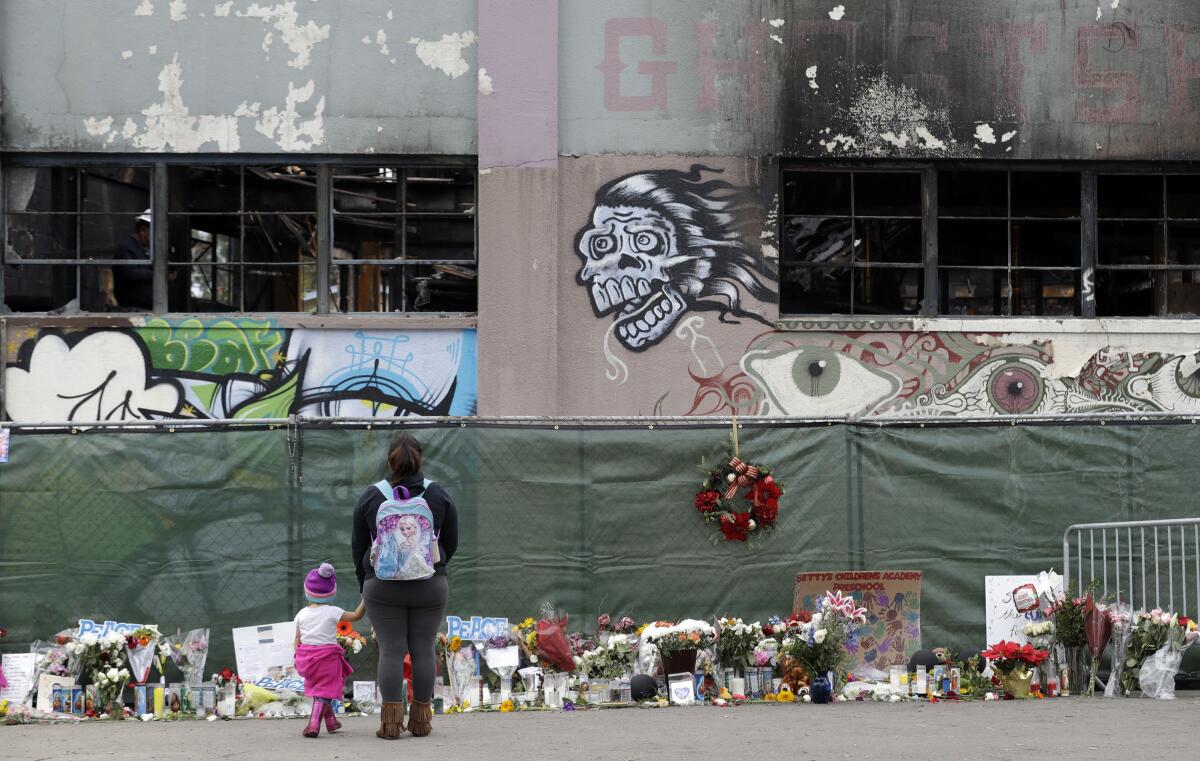In December 2016, a devastating fire at the Ghost Ship warehouse in Oakland claimed the lives of 36 individuals, leaving a lasting impact on the community. The tragic event, which occurred during an electronic music party, highlighted significant safety issues in converted warehouse spaces. Recently, the site has been acquired by a nonprofit organization, signaling a potential shift towards low-income housing redevelopment, aiming to honor the memories of those lost while addressing community needs.
This redevelopment comes after considerable community discussion and sensitivity towards the families affected by the tragedy. The Unity Council, the organization behind the project, is committed to approaching the redevelopment process with care, understanding the emotional weight of the location. The CEO, Chris Iglesias, emphasized the importance of being "thoughtful" about the history of the site as they plan its future.
Despite the ongoing efforts for redevelopment, the memory of the fire still looms large. The cause of the blaze was attributed to a likely electrical overload, which quickly engulfed the space, trapping partygoers inside. Investigations revealed that the building had been illegally converted into a live-work environment, lacking proper fire safety measures and exits.

The aftermath of the Ghost Ship tragedy also led to significant legal actions and changes in local fire inspection policies. Derick Almena, the master tenant, was charged with involuntary manslaughter, ultimately pleading guilty to 36 counts. The city faced scrutiny for its fire inspections, resulting in substantial settlements with victims' families and highlighting the need for stricter safety regulations in similar venues.
The ongoing redevelopment efforts signal a new chapter for the site, aiming to transform it into a place that contributes positively to the community. While the memories of the lives lost will never fade, the Unity Council’s project could pave the way for a safer, more inclusive environment in Oakland.




